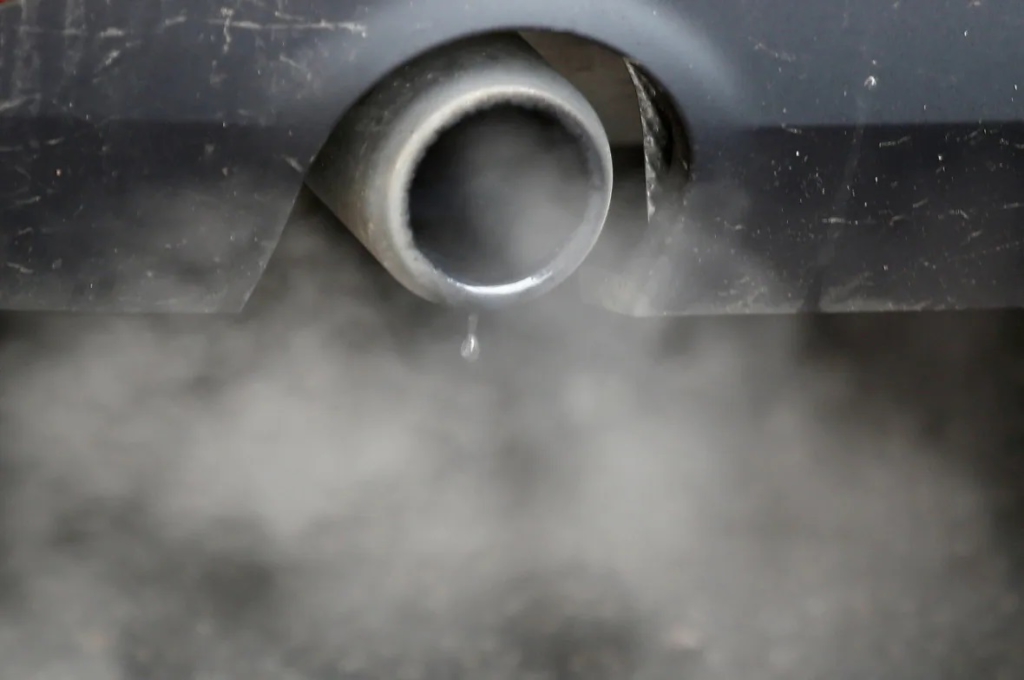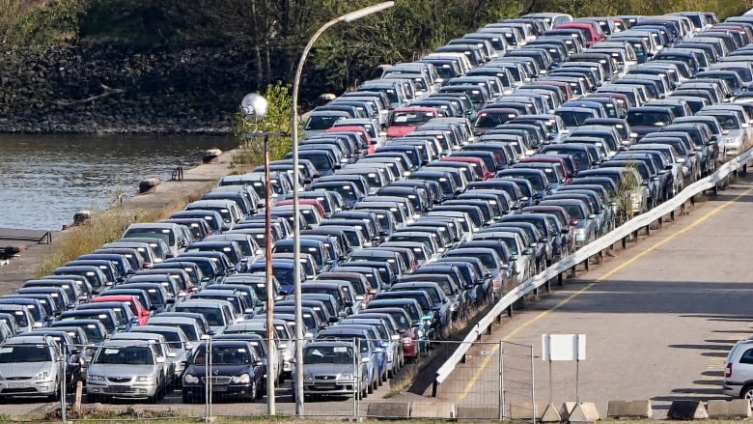European Union lawmakers and member countries reached a deal to ban the sale of new gasoline and diesel cars and vans by 2035.
Under the deal reached by negotiators on Thursday, carmakers will be required to reduce the emissions of new vehicles sold by 55 per cent in 2030, compared to 2021, before reaching a 100 per cent cut five years later. The European Parliament and member states must formally approve the agreement before it comes into force.
The European Parliament said the deal is a signal ahead of COP27, the United Nations' annual climate change conference, "that the EU is serious about adopting concrete laws to reach the more ambitious targets set out in the EU Climate Law."
According to EU data, transportation is the only sector in which greenhouse gas emissions have increased in the past three decades, rising 33.5 per cent between 1990 and 2019. Passenger cars are a major polluter, accounting for 61 per cent of total CO2 emissions from road transport.
The EU wants to drastically reduce emissions from transportation by 2050 and promote electric vehicles, but a report from the bloc's external auditor showed last year that the region lacks the appropriate charging stations.
The EU Parliament said Friday that funding should be directed to help small- and medium-sized businesses that are part of the automotive supply chain, as well as vulnerable regions and communities, weather the transition to ending sales of cars that run on gas and diesel.
Aiming for Paris targets
World leaders agreed in Paris in 2015 to work to keep global temperatures from increasing more than 2 C, and ideally no more than 1.5 C by the end of the century. Scientists have said even the less ambitious goal will be missed by a wide margin unless drastic steps are taken to reduce emissions.

"This is a historic decision, as it sets for the first time a clear decarbonization pathway — with targets in 2025, 2030 and 2035 and aligned with our goal of climate neutrality by 2050," said Pascal Canfin, the chair of the environment committee of the European Parliament. "This sector, which accounts for 16 per cent of European emissions at the moment, will be carbon-neutral by 2050."
Greenpeace said the 2035 deadline is too late to limit global warming to below 1.5 C.
"The EU is taking the scenic route, and that route ends in disaster," said Greenpeace EU campaigner Lorelei Limousin. "A European 2035 phase-out of fossil fuel-burning cars is not quick enough: New cars with internal combustion engines should be banned by 2028 at the latest."
Limousin called the deal announcement "a perfect example of where politicians can bask in a feel-good headline that masks the reality of their repeated failures to act on climate."
Latest Stories
-
Tamale becoming transit point for drugs and arms – Northern Regional Police raise alarm
53 minutes -
Thaddeus Sory to Dame: And still crying, even more incongruously – Part I
59 minutes -
‘Confidence of the boys seem to be back’ – Kurt Okraku on Black Stars’ performance
1 hour -
IMCC holds strategic dialogue with experts on L.E.D
2 hours -
NDPC and IMCC collaborate to drive decentralisation reforms
2 hours -
‘Let us reaffirm our commitment to building a continent of prosperity’- Mahama to African leaders
2 hours -
Return stolen artefacts and cultural treasures that rightfully belong to our heritage – Mahama to colonial rulers
2 hours -
The Great Legal Showdown: Ego, Arrogance, and Popcorn!
2 hours -
We remain steadfast in our belief to achieve our goals – GFA President Kurt Okraku
2 hours -
Djokovic makes more history with 100th singles title
2 hours -
Real’s Ancelotti ready for ‘new adventure’ with Brazil
2 hours -
GFA to announce new broadcaster for GPL soon – Kurt Okraku
2 hours -
‘This cannot be entertained’ – Minority criticises Mahama over silence on statutory funds
2 hours -
Real Madrid announce Xabi Alonso as new manager until 2028
3 hours -
Mahama calls for reparations to address centuries of African exploitation
3 hours

